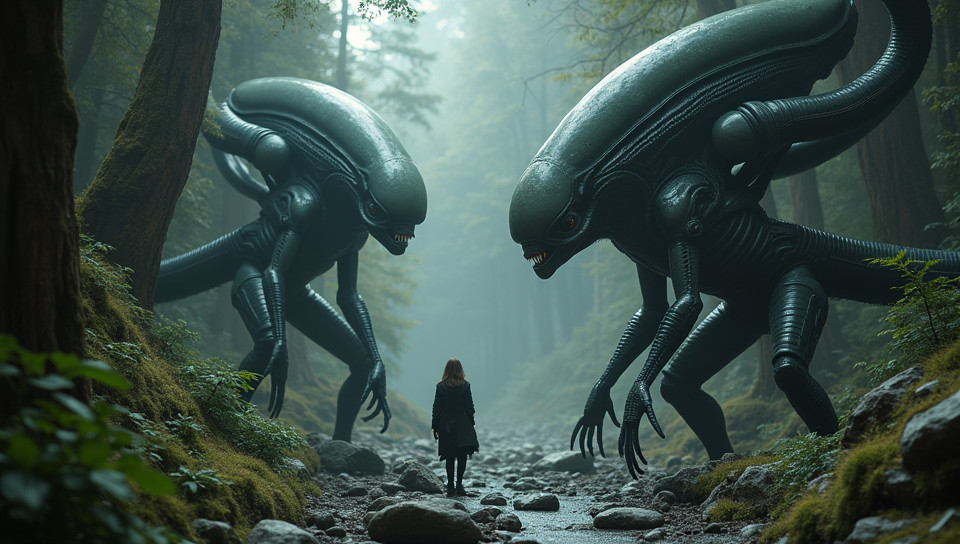Alien encounters are a popular theme in modern sci-fi books 70%
Truth rate:

Pros: 9
Refs: 0
Info:
- Created by: Yìzé Ko
- Created at: Oct. 3, 2024, 5:02 p.m.
- ID: 10966
Related:
